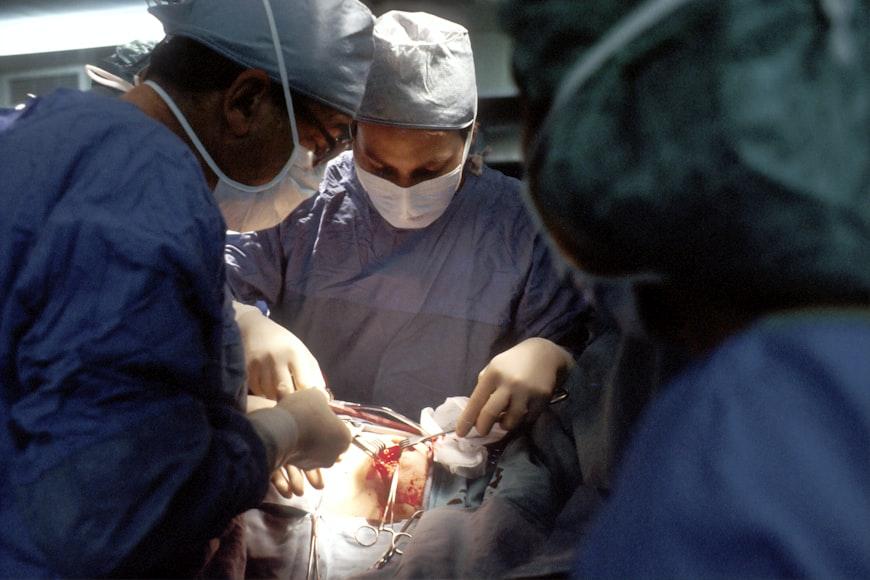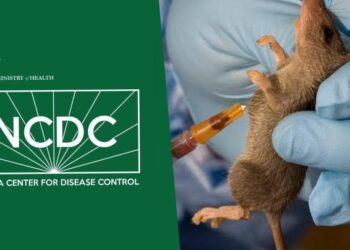Prostate cancer usually starts when the cells in the prostate glands begin to act up. Normally, these cells grow, then they divide, and eventually they die off. But sometimes their DNA can get damaged or mutated as a result of several environmental conditions like exposure to radiation or chemicals. This causes the cell to grow out of control.
As these cells keep multiplying, they can form a tumor. At first, the tumor might not cause any noticeable symptoms, all it does is grow slowly. But if the cancer becomes aggressive it starts to spread beyond the prostate gland. Things get serious and the cancer cells begin to invade nearby organs like the bladder and can eventually spread to other parts of the body. In this article, we’ll look at the treatment of prostate cancer.

Treatment of Prostate Cancer
Active Surveillance: Most times people jump into treatment when they discover that they have cancer. It’s a given, seeing how deadly cancer can be. But doctors might just keep an eye on the cancer. This treatment option is called active surveillance. This is usually for cases where cancer is growing really slowly and isn’t causing any problems. The doctors will do regular checkups to make sure it doesn’t get worse.
Surgery: The main aim of this treatment option is to remove the whole prostate gland. There are two ways to do this. The first method is called radical prostatectomy, where the doctor removes the prostate gland all by hand. The other method is called robot-assisted prostatectomy which is a newer method. As the name implies, the robot basically helps the doctor to work more precisely around the prostate gland.
Radiation Therapy: The doctors can make use of an external beam of radiation or brachytherapy, a tiny radioactive seed placed in the prostate, to create a radiation source aimed at killing the cancerous cells.
Hormonal Therapy: This treatment method reduces the amount of male hormones like testosterone, which can help the prostate cancer gland. However, this is not a cure for prostate cancer, this treatment just slows down the cancer or shrinks it.
Chemotherapy: Chemo uses certain strong drugs to attack cancer cells. Doctors mostly use this treatment option when the cancer has spread beyond the prostate gland, or in a case where the cancerous cells aren’t responding to other treatments.
Targeted Therapy: This is almost like chemotherapy, but it is more specific. This treatment goes after certain pathways that help the cancer grow.
Combination Therapies: In some cases, doctors mix the treatment options together to achieve a better result. Something like a surgery before radiation, or hormonal therapy with chemotherapy. It all depends on how severe the prostate cancer is.
Commonly Asked Questions
Can the cancer come back?
Unfortunately, yes. There’s a chance the cancer could come back. That’s why doctors will keep checking on you with regular tests and visits to see if there are any cancerous cells forming.
How long will it take to feel normal again?
It really depends on what kind of treatment you had. For some people, it’s a few weeks; for others, it might take months to get back to feeling like yourself.
Can I still have kids after treatment?
It depends on the treatment. Some treatments like radical prostatectomy, hormonal therapy, both of the radiation therapy, and chemotherapy can affect your ability to have kids. However, you can talk to your doctor about options like sperm banking before treatment if you’re worried about this.
How will my sexual health be affected?
Your sexual health could be affected by possible issues like trouble with erections or changes in desire. Fortunately, there are treatments and medications to help with these problems.
Conclusion
Prostate cancer starts when cells in the prostate gland go haywire, often due to damage from things like radiation or chemicals. This causes them to grow uncontrollably and form a tumor. If the cancer becomes aggressive, it can spread to other parts of the body. The good thing is that there are different treatments for prostate cancer.
After treatment, people often wonder if the cancer will come back, how long it will take to recover, and if they can still have kids. Some treatments can affect fertility, so discussing options like sperm banking is important. Sexual health might also be affected, but there are treatments to help with that.

















